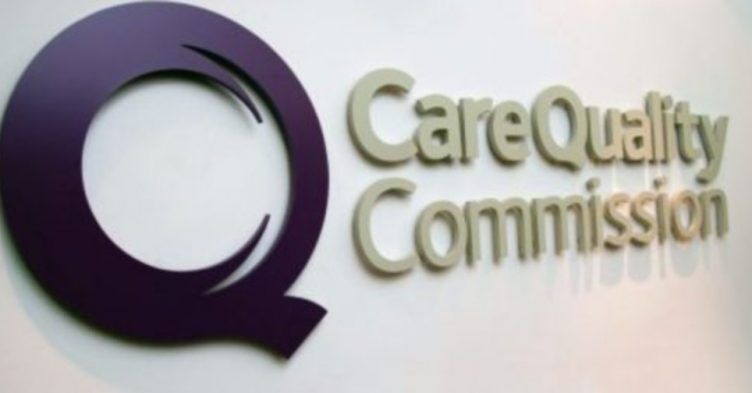The NHS will invest £95m from 2021/22 to make maternity units in England safer after the care scandal at Shrewsbury and Telford Hospital Trust.
NHS England said £46m will be used to recruit 1,000 extra midwives and 80 extra doctors, while £26.5m will be put towards safety training. Funds will also be used to create new roles to oversee safety and help recruit overseas staff.
This comes in response to an independent inquiry into maternity failings at the Shropshire hospitals, launched in 2017 and led by midwife Donna Ockenden, which is looking into 1,862 cases including preventable infant fatalities, mostly between 2000 and 2019.
The cash addresses concerns outlined in the review’s first report, published last year, that identified seven ‘immediate and essential actions’ to improve maternity care, including staff training together, listening to the views of women, and risk assessment throughout pregnancy.
The report also said that ‘one of the most disappointing and deeply worrying themes’ was the ‘reported lack of kindness and compassion from some members of the maternity team at the Trust’.
The £95m maternity investment came at the NHS England board last Thursday, which said follow-on funding would be subject to decisions in future years.
The meeting agenda read: ‘While there has been clear progress over the last five years of the Maternity Transformation Programme (MTP), Donna Ockenden’s first report (the Ockendon report) has highlighted variation, and women and their families are not always receiving the care that they should.’
Since the Ockendon report, the Royal College of Midwives (RCM) has said the NHS in England needs 2,000 more midwives to provide optimum care.
But RCM chief executive Gill Walton said the new funding ‘will go a huge way to creating a much more cohesive system’ with appropriately trained and supported staff who can ‘work to the best of their abilities’ and ‘provide the best possible care to women and their families’.
She added that the report had acted as a ‘wake-up call’, which highlighted that ‘improvement was urgently needed’ in many areas including tackling ‘an over-stretched maternity workforce with limited resources, and challenges in organisation functioning, culture and behaviour’.
President of the Royal College of Obstetricians and Gynaecologists, Eddie Morris, agreed the money was ‘one of the biggest investments in maternity services for decades’ and would ‘lead to lives being saved’.






